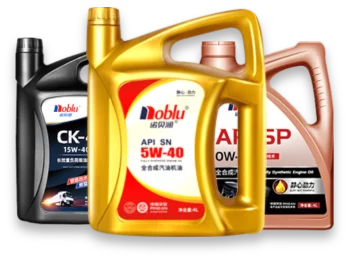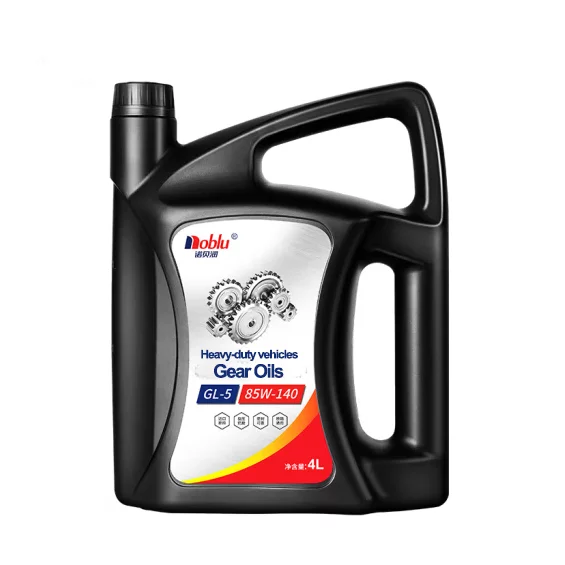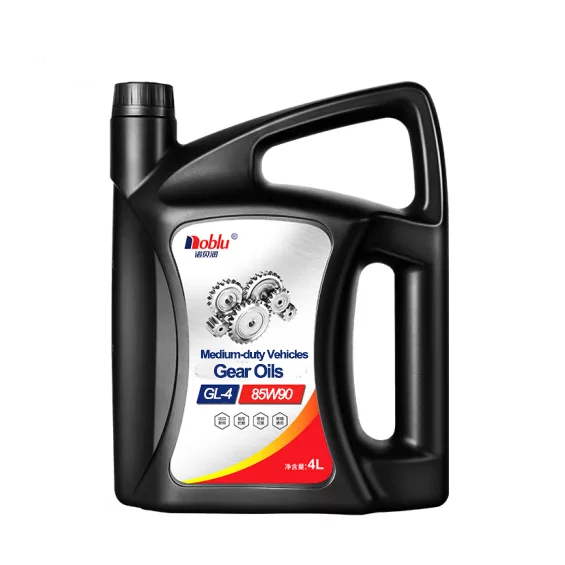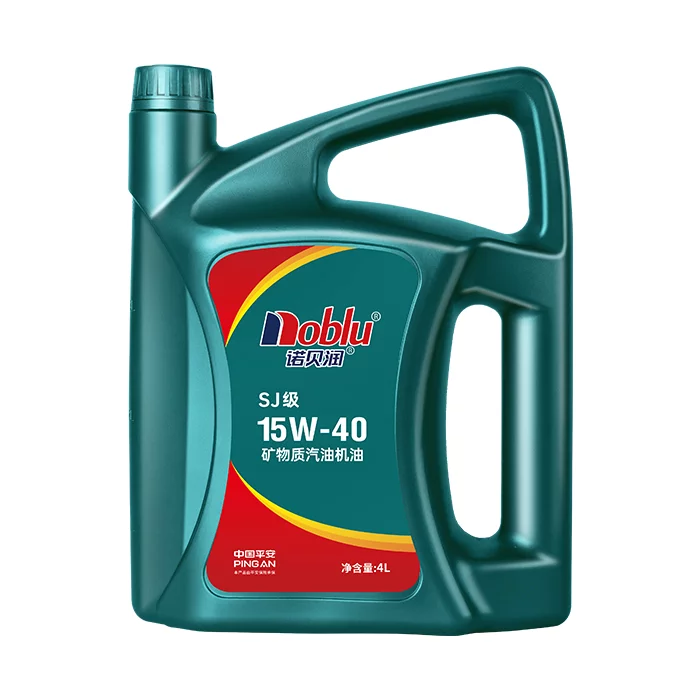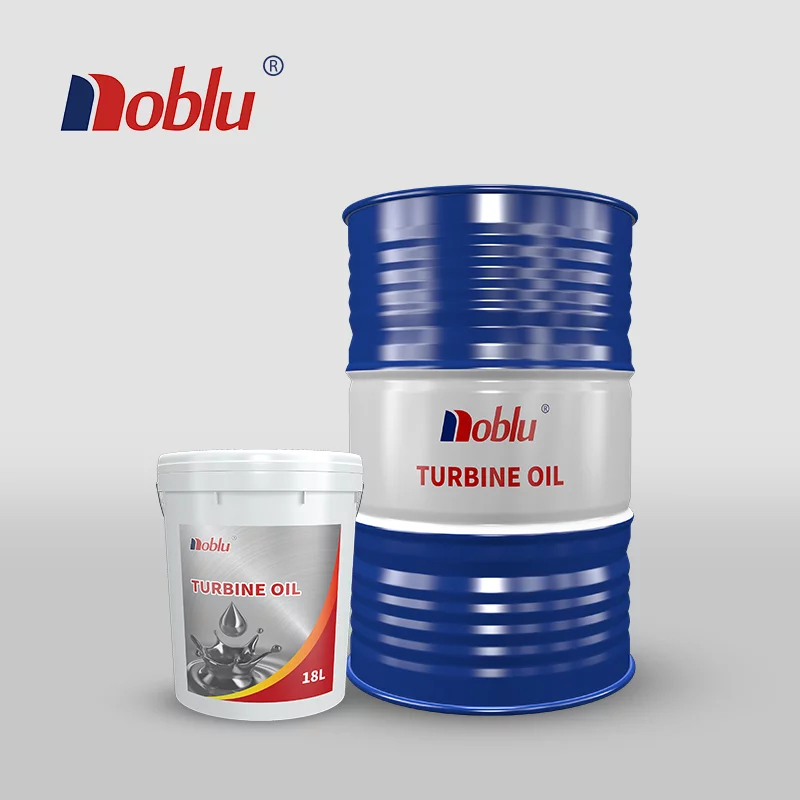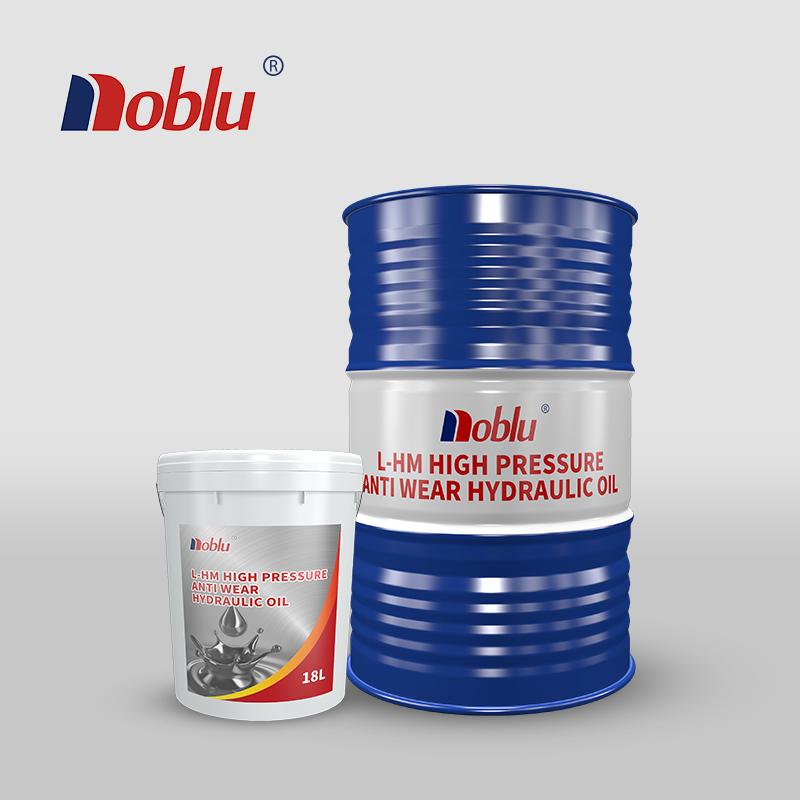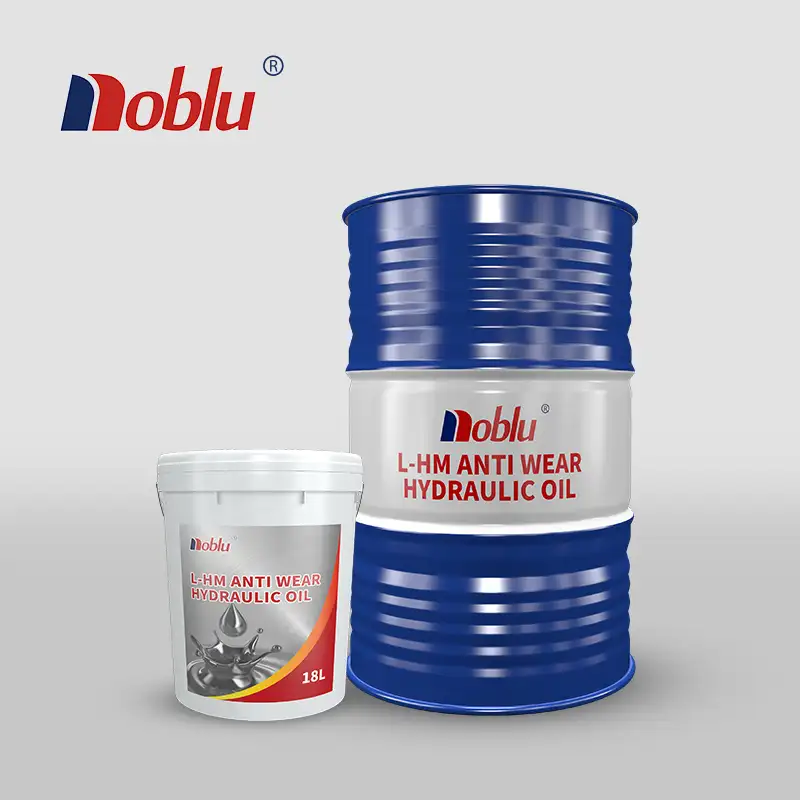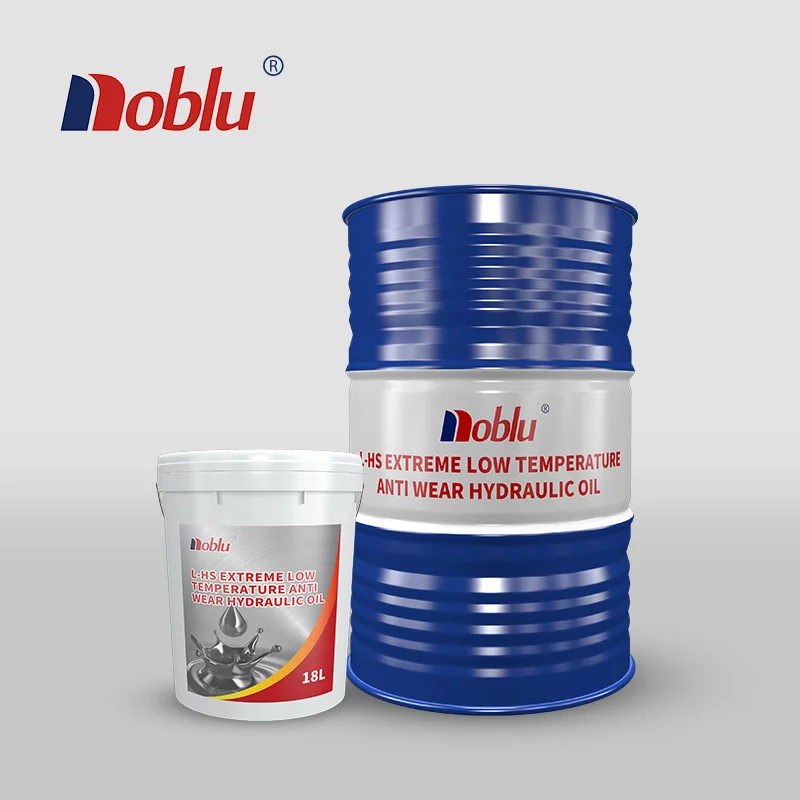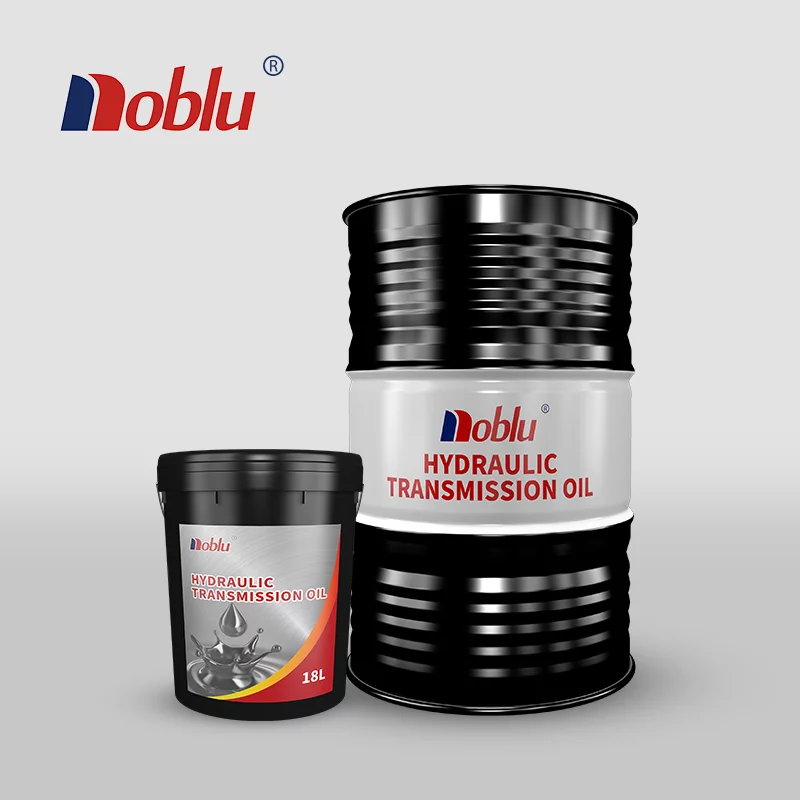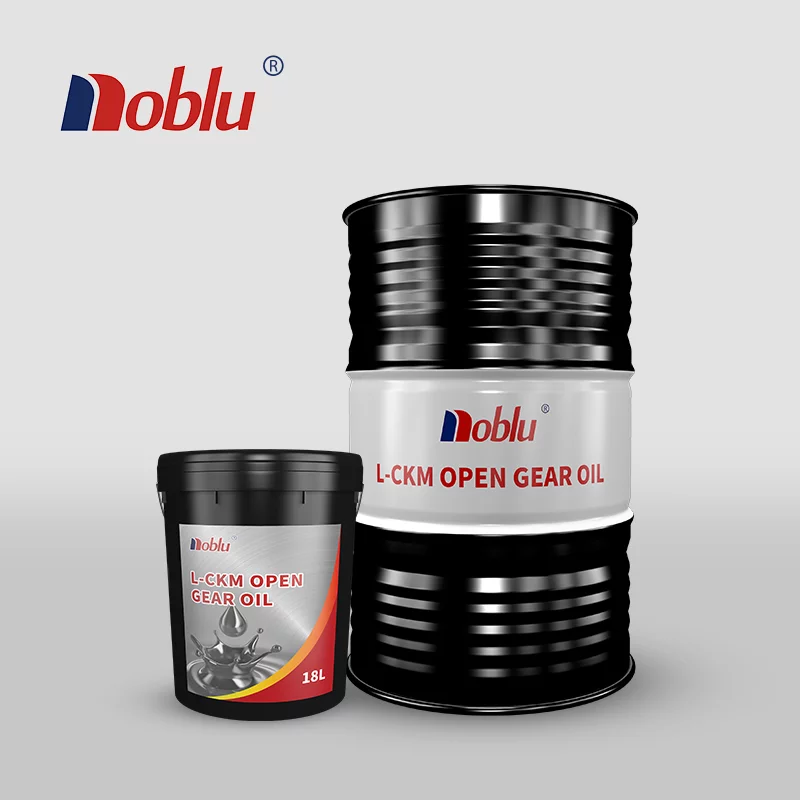El aceite de motor negro es algo que los propietarios de automóviles y mecánicos ven con frecuencia. Sin embargo, mucha gente desconoce su significado. ¿Indica el aceite de motor negro un problema con el motor? ¿O es simplemente parte normal de la vida útil del vehículo?
En este artículo, exploraremos qué es el aceite de motor negro, por qué se vuelve negro y si debería preocuparse. Al finalizar esta guía, comprenderá claramente qué es el aceite de motor negro y cómo abordarlo adecuadamente.
¿Qué es negro? Aceite de motor?
El aceite de motor inicialmente tiene un color ámbar translúcido o marrón claro, pero con el tiempo se oscurece y finalmente se vuelve negro. Este es un proceso normal que ocurre durante el uso del aceite.
A medida que el aceite de motor circula por el motor, acumula contaminantes como suciedad, hollín y carbón. Estas partículas oscurecen el aceite y lo hacen cambiar de color a negro a medida que continúa funcionando. Si bien el aceite de motor negro es común, en algunos casos también puede indicar un problema subyacente en el motor.
¿Por qué el aceite del motor se vuelve negro?
Varios factores contribuyen al ennegrecimiento del aceite de motor. A continuación, se detallan las principales razones por las que el aceite de motor puede ennegrecerse con el tiempo:
1. Contaminantes y hollín
Cuando el aceite de motor circula por el motor, recoge contaminantes, como hollín y carbón del proceso de combustión. Estas partículas hacen que el aceite se vuelva negro. El aceite está diseñado para atrapar y retener estas impurezas para evitar que vuelvan a circular por el motor y provoquen daños.
2. Oxidación y calor
El aceite de motor se oxida al exponerse a altas temperaturas con el tiempo. Este proceso de oxidación hace que el aceite se espese y oscurezca. A medida que el aceite envejece, pierde su eficacia como lubricante. También puede formar depósitos de carbón y lodos, lo que da lugar a un aceite de motor negro.
3. Descomposición de aditivos
Los aceites de motor modernos contienen aditivos como detergentes y agentes antidesgaste. Con el tiempo, estos aditivos se degradan, especialmente con el calor y el uso intensivo. A medida que se degradan, el aceite pierde capacidad para retener contaminantes. Esto provoca que el aceite se ennegrezca más rápidamente.
4. Intervalos de cambio de aceite más largos
Gracias a los avances en la tecnología del aceite de motor, muchos vehículos modernos pueden prolongar la vida útil entre cambios de aceite. Incluso si el aceite se cambia dentro del tiempo recomendado, puede acumular suciedad. Esto puede oscurecerlo y, con el tiempo, volverlo negro.
¿El aceite de motor negro es una señal de problemas?
En la mayoría de los casos, el aceite de motor negro no es motivo de preocupación. Es una parte natural del ciclo de vida del aceite. Sin embargo, existen algunas situaciones en las que el aceite de motor negro podría indicar un problema:
1. Acumulación excesiva de carbono
Si el aceite de su motor se vuelve negro muy rápidamente después de un cambio de aceite, podría indicar una acumulación excesiva de carbón en el motor. Esto podría deberse a una combustión incompleta debido a problemas con el sistema de combustible, el sistema de encendido o los componentes del motor, como las bujías. Si el aceite se vuelve negro dentro de las primeras 1000 a 2000 millas después de un cambio de aceite, podría ser el momento de realizar una revisión de diagnóstico.
2. Calentamiento excesivo
El aceite de motor que se ennegrece demasiado rápido puede ser una señal de que el motor está funcionando a una temperatura más alta de lo normal. Las altas temperaturas pueden provocar que el aceite se descomponga prematuramente, lo que reduce su capacidad para lubricar de manera eficaz. Si el aceite de motor se ennegrece rápidamente y nota problemas de sobrecalentamiento, es importante abordar la causa del sobrecalentamiento, como un problema con el refrigerante o un termostato defectuoso.
3. Mala calidad del aceite
Un aceite de motor de baja calidad o inadecuado puede ennegrecerse más rápidamente. Esto puede suceder si el aceite tiene aditivos deficientes o no cumple con las especificaciones de su vehículo. El uso del aceite incorrecto puede acelerar el proceso de oscurecimiento y hacer que el aceite se degrade más rápido.
4. Falta de mantenimiento
Si retrasa los cambios de aceite o no reemplaza el filtro, el aceite puede acumular contaminantes más rápidamente y volverse negro. Un filtro de aceite sucio no atrapa los contaminantes eficazmente, lo que puede provocar una degradación más rápida del aceite.
¿Se puede conducir con aceite de motor negro?
Sí, en la mayoría de los casos es perfectamente seguro conducir con aceite de motor negro. El aceite sigue cumpliendo su función de lubricar y proteger el motor, incluso si parece negro. Sin embargo, si el aceite es espeso y negro o tiene olor a quemado, podría indicar que el aceite ya no funciona bien. En esos casos, es importante cambiar el aceite lo antes posible para evitar posibles daños al motor.
¿Cuándo se debe cambiar el aceite de motor negro?
El momento adecuado para cambiar el aceite de motor negro depende de varios factores:
- Kilometraje:Por lo general, el aceite del motor debe cambiarse cada 3.000 a 7.500 millas, según el tipo de aceite utilizado y las recomendaciones del fabricante.
- Condiciones de conducción:Si conduce en condiciones duras (por ejemplo, temperaturas extremas, tráfico con frecuentes arranques y paradas), el aceite puede oscurecerse más rápido, lo que requiere cambios de aceite más frecuentes.
- Calidad del aceite:Los aceites sintéticos de alta calidad pueden durar más que los aceites convencionales. Los aceites sintéticos pueden seguir luciendo negros incluso cuando siguen siendo eficaces, pero suelen durar hasta 10.000 millas entre cambios.
Cómo mantener el aceite del motor y prolongar su vida útil
1. Utilice aceite de alta calidad
Para garantizar que el aceite de motor dure más y funcione bien, utilice aceites de alta calidad adecuados a las necesidades de su vehículo. Los aceites sintéticos tienden a durar más y mantienen sus propiedades mejor que los aceites convencionales, incluso cuando se vuelven negros.
2. Cambie el aceite periódicamente
Siga las recomendaciones del fabricante sobre los intervalos de cambio de aceite. Aunque el aceite no se vea negro, es importante cambiarlo regularmente para mantener el rendimiento del motor.
3. Mantenga el motor limpio
Un motor limpio reducirá la acumulación de contaminantes en el aceite. El mantenimiento regular, como el cambio de filtros de aire y la limpieza del sistema de combustible, ayudará a evitar que el aceite se vuelva negro demasiado rápido.
El aceite de motor negro es una parte natural de su ciclo de vida y no suele ser un problema. Se vuelve negro a medida que acumula contaminantes y se oxida durante el funcionamiento normal del motor. Sin embargo, si el aceite se ennegrece demasiado rápido o desprende olor a quemado, podría ser señal de un problema subyacente. Los cambios de aceite regulares y el uso de aceites de alta calidad pueden ayudar a mantener el motor en buen estado y prolongar su vida útil.
Para lubricantes y aceites de motor de primera calidad que brindan una protección superior, Petroquímica Zhongtian ofrece aceites de primera calidad para mantener el buen funcionamiento de su vehículo. Visite es:ztshoil.com para explorar nuestra gama de aceites de alto rendimiento y encontrar el aceite perfecto para las necesidades de su motor.

